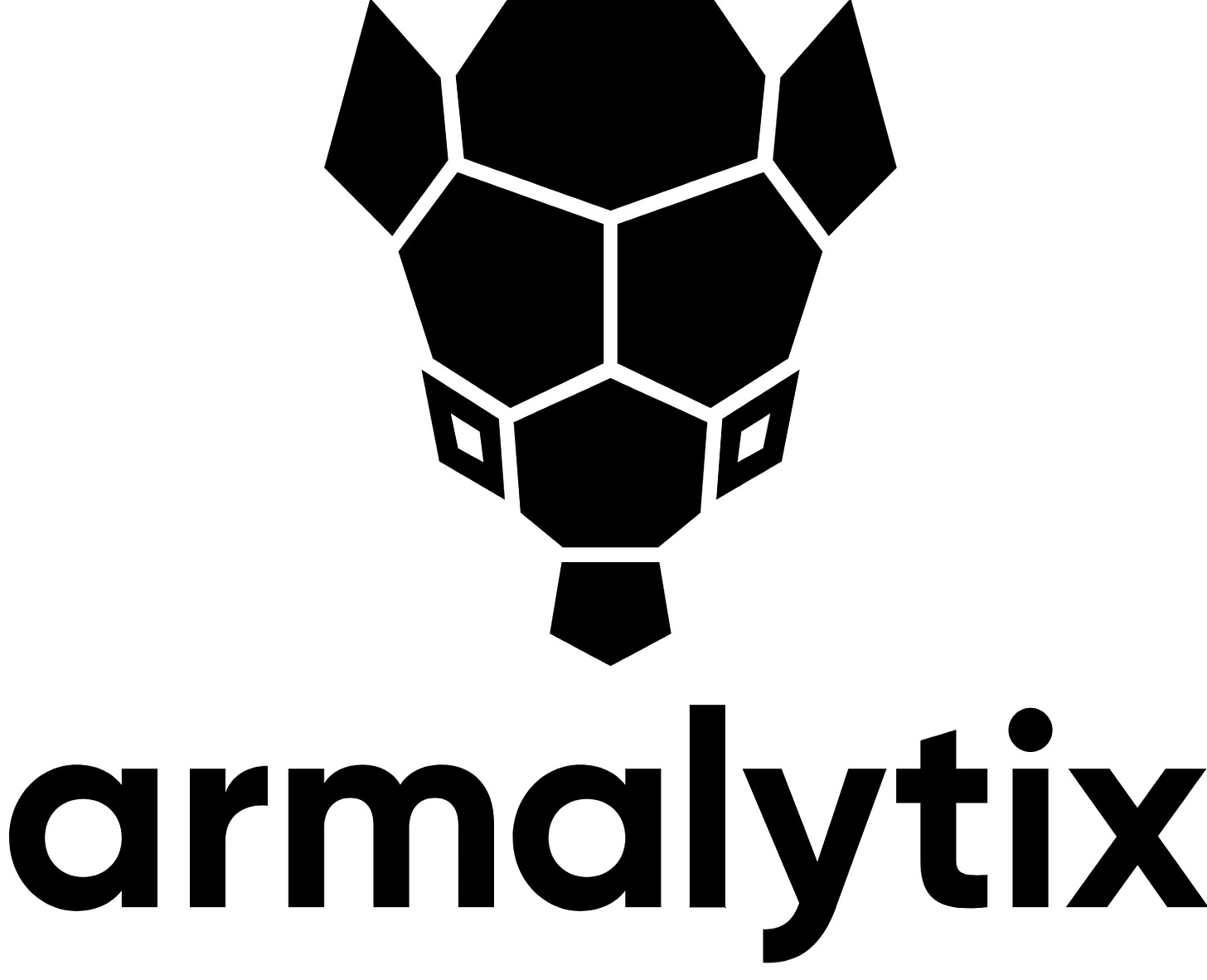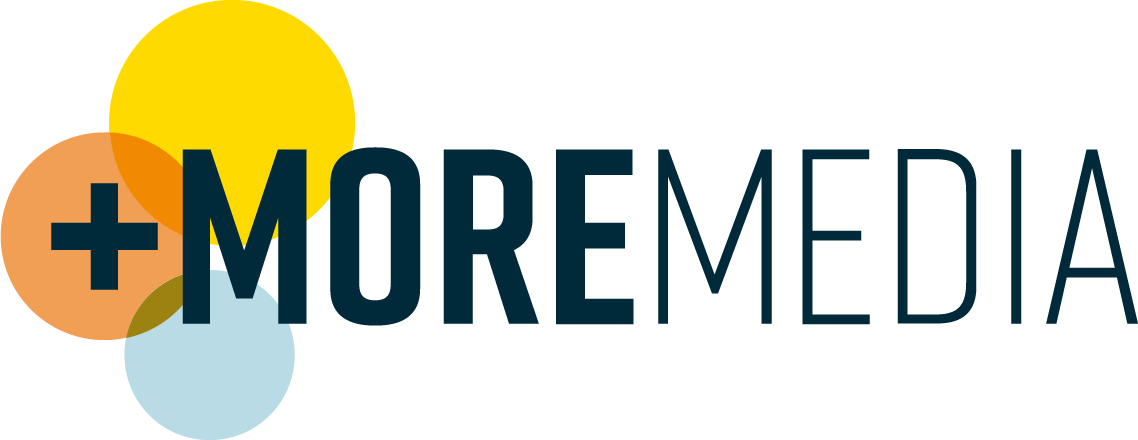Finnish liberalization could see monopoly operator Veikkaus broken up.
Betsson skirts Italian ad ban with Inter Milan shirt deal.
Lottery couriers and DFS operators get Google boost.
Michigan’s ‘attestation form’ could open a can of worms.
You're so sadly neglected, and often ignored.
Finland liberalization
Hel’s-a-poppin: The Finnish government has set out its plans to liberalize the gambling market, ending the monopoly held by state-owned Veikkaus and signaling it might look at breaking up the organization while leaving the business as the sole lottery operator.
The proposal said the state would look at relinquishing part of its holding in Veikkaus “if this was deemed justified” in terms of shareholder value.
Rein it in, deer: The proposals as set out yesterday acknowledge that a “significant portion” of online gaming activity takes place outside the current system. The government said a new licensing system would be designed to prevent and reduce gambling-related harm while also hoping to increase the rate of channelization into the regulated space.
Among the proposals, the government intends to institute a central self-exclusion register.
It would allow for “moderate” marketing in terms of “volume, scope, visibility and repetitiveness.” The new law, if passed, would disallow commercial deals with social media influencers.
Branch office: The government also intends to see the formation of a new supervisory body, the Finnish Supervisory Agency, which would operate from within the Ministry of Finance. A new set of powers, including the addressing of unlawful activities, the management of licensees and oversight of their marketing activities would also be granted.
Why rush? The proposal will be put to parliament in the spring of next year with the application period for licensees being launched in 2026. It envisages the first bet under the new system being struck at the beginning of 2027.
Veikkaus will remain as the monopoly operator until the new market launches
GuardDog, powered by Underdog, is a pioneering investment fund dedicated to fostering innovation in responsible gaming.
GuardDog supports and accelerates early-stage startups focused on building new and creative solutions to address problem gaming and further responsible gaming.
Ready to be one of the underdogs of responsible gaming?
Visit to apply: https://underdogfantasy.com/guarddog
+More
Analyze this: An analyst working for a British soccer club has been banned from the sport and fined after breaching betting regulations. Burnley lead performance analyst Richard Bredice has been banned from all football-related activities for 12 months (six months suspended until the end of the 2025/26 season) and fined £4,500.
Bredice placed 456 bets on football/football-related markets between November 2014 and December 2022.
The Netherlands Gambling Authority is bringing in tougher penalties for operating land-based gambling terminals, with the basic fines now ranging from €25k to €100k per device, where the former cap was €20k.
Leave it alone: The Canadian Football League (CFL) is pushing back on federal regulations that would impose limits on sports-betting advertising. CFL commissioner Randy Ambrosie has written to the Senate committee on transport and communications, stating the league would prefer self-regulation, because it would protect income streams for the clubs.
Currently working its way through the Canadian legislature is Bill S-269, which would introduce stricter rules on sports-betting advertising and national standards.
This includes a ban on celebrity and sportsperson endorsements promoting all forms of sports betting.
Massachusetts: The majority of gamblers in the state said advertising has not led them to gamble more, according to a study from the school of public health and health sciences at the University of Massachusetts Amherst.
Philippines: A former cabinet official allegedly lobbied for and participated in awarding illegal Philippine Offshore Gaming Operator licenses, according to Philippine Amusement and Gaming Corporation CEO Alejandro Tengco.
Head of People – Remote in USA
Head of Monetization – Cyprus
Head of Compliance – Cape Town
Betsson black and blue
That’s infotainment: A ban on gambling advertising has not stopped Betsson inking a record sponsorship deal with Italian soccer team Inter Milan, with the operator promoting its ‘infotainment’ brand on the team’s shirts.
The swerve allows Betsson to replace Paramount+ on the front of the Italian champions’ kits for the next four seasons. Inter said the deal, worth around €30m annually, is the largest shirt sponsorship agreement in the club’s history.
Betsson Sport will “tell the stories of Nerazzurri players and demonstrate the passion that drives them and motivates them,” a company spokesperson said.
The partnership does not specifically refer to the company’s gambling products, ensuring it remains within the rules.
We know what you’re doing: It’s not the first time gambling operators have circumvented the restrictions in Italy with auxiliary offerings.
In September 2022, LeoVegas announced a similar initiative, promoting its online sports news service on Inter’s training kit.
Betsson has plans of repeating the trick elsewhere, and aims to introduce comparable ‘infotainment’ offerings across Latin America where it holds licenses.
Google ad policies
Out for delivery: The search engine is set to allow ads for lottery couriers and daily fantasy sports in numerous states as of the middle of this month. According to a report from LotteryGeeks, the policy shift reflects the growing acceptance and regulation of online gaming and lottery within the US.
Those looking to promote lottery courier and DFS offerings will need to undergo a certification process.
Advertisers will need to demonstrate they are fully licensed to operate in at least one state that requires a license for such services.
The report pointed out the regulatory picture surrounding lottery courier services is not uniform with some states, notably California, expressly prohibiting the operation of lottery courier services within their jurisdiction.
Concerns range from fears over the potential for fraud to the integrity of the lottery system and individual states’ concerns over controlling all aspects of lottery ticket sales.
Armalytix increases customer conversion by 250-350% on average.
Gaming-specific AML and enhanced financial risk checks, combining OCR, Open Banking and AI.
Sustain your most loyal and valuable customer base and meet existing and future regulations by implementing simple, fast and effective checks you can use immediately in your existing processes.
Take advantage of the industry-leading compliance checks that 200+ firms across gaming, financial services, legal and accountancy use everyday.
Michigan’s can of worms
Don’t go there: The Attestation Form sent out to B2B providers by the Michigan Gaming Control Board has the potential to raise the stakes on dotcom exposure, suggested the team at Regulus Partners.
The team said that while the form only consists of six questions, together they “cut to the heart of how online gambling has evolved over the last thirty years.”
Slalom: As the Regulus analysts noted, historically, B2B providers have been able to navigate the various regulatory and compliance shocks that have afflicted the B2C space since online gaming’s inception.
They have “been able to demonstrate a lower level of regulatory risk because they are not directly exposed to end-user customer risk,” the team said.
“But this was always at the behest of the regulator and a preference for B2C enforcement rather than a structural means of limiting risk.”
Turbulent priests: However, the team added, in the US regulated context – and given the litigious and lobbying-driven nature of US law and politics – it has always remained possible it would “become expedient to remove non-domestic licensees from the supply chain in favor of US companies.“
“The ‘sins’ of the past and the point-of-supply complexity of the global present were always all the excuse US stakeholders would need to carry this out,” the analysts argued.
Contagion: Moreover, Regulus warned that while what Michigan is asking is “not unreasonable,” the questions are awkward for the B2B sector and, ultimately, where one state “finds systemic cause for sanction, others cannot easily turn a blind eye.”
“Michigan’s extra territorial probes are therefore likely to be contagious, especially if or when they find something the regulator chooses to action.”
They added that the US “honeymoon period” of regulators taking a pragmatic approach to extra territorial behavior from the global supply chain “is now evolving into something much stricter.”
Calendar
Jul 17-20: National Council of Legislators from Gaming States, Pittsburgh
An +More Media publication.
For sponsorship inquiries email scott@andmore.media.











